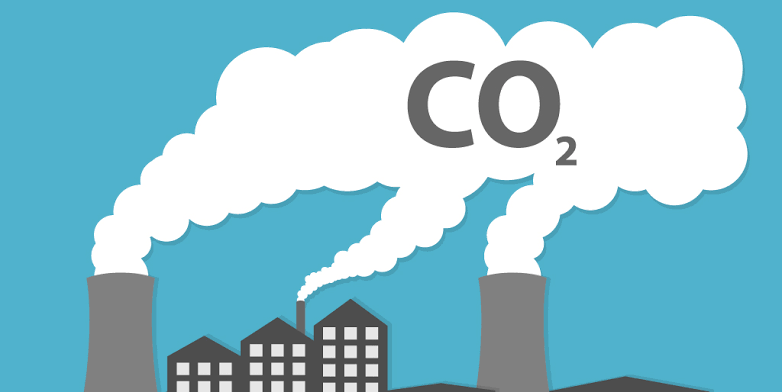Oil giant Shell has revised its 2030 carbon emission reduction target, prioritizing short-term profitability amidst a global energy transition. This move follows similar adjustments by competitors navigating a complex economic landscape.
Shell’s new target reflects a 15-20% decrease in the net carbon intensity of its energy products by 2030 compared to 2016 levels. This replaces the previous 20% reduction goal.
Balancing Sustainability and Profitability
The company emphasizes natural gas as a key player in the energy transition, believing it can displace coal in power generation. However, Shell also anticipates lower electricity sales than previously forecast.
This approach aligns with CEO Wael Sawan’s strategy to prioritize high-margin projects, steady oil output, and increased natural gas production. Shell acknowledges the uncertainty surrounding the energy transition’s trajectory, making setting a 2035 target “perilous.”
Focus on Customer Emissions
While lowering its overall reduction target, Shell introduces a new ambition to cut emissions from the oil products it sells by 15-20% by 2030 compared to 2021. This reflects a shift towards addressing emissions generated by customers using their products.
Environmental groups criticize the revised target, arguing it undermines the Paris Agreement’s goal of significantly reducing emissions this decade. Shell also faces legal challenges regarding its climate strategy.
Shell’s recent actions highlight the company’s prioritization of financial performance. The company implemented workforce reductions, including its low-carbon solutions division, aiming to save billions. Additionally, Shell exited specific renewable energy ventures and is reviewing core assets.
Despite these adjustments, Shell maintains its commitment to halving emissions from its own operations by 2030. The company reports achieving over 60% progress towards this goal.
Shifting Landscape, Uncertain Future
The energy sector is undergoing a significant transformation. While Shell acknowledges the need for emissions reduction, its current strategy prioritizes near-term profits. This approach raises concerns about the company’s long-term commitment to sustainability goals.
Investors and environmental groups will closely monitor Shell’s actions as the global energy landscape continues to evolve.
Source: Reuters



